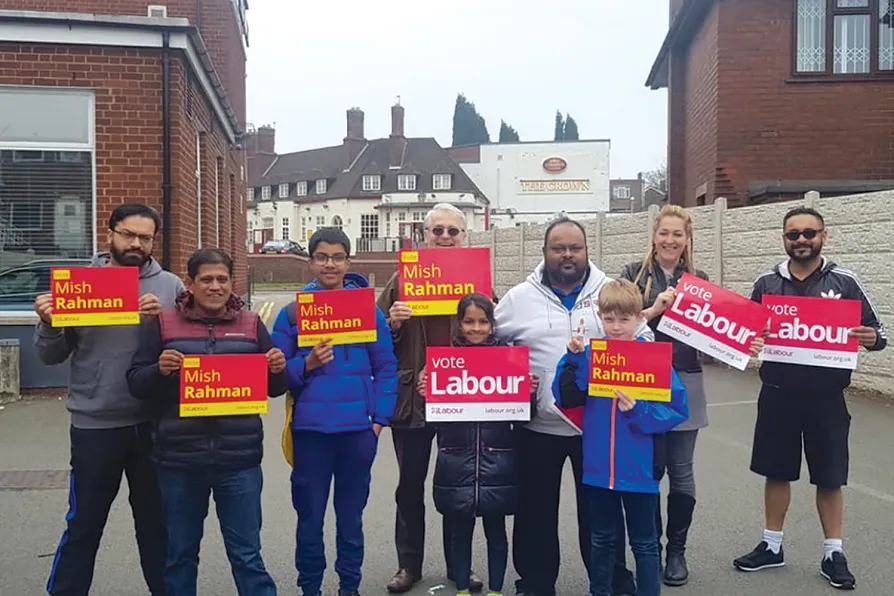The US-Israeli strikes against Iran are part of a decades-long war against the Islamic Republic which has refused to bow to US demands that it surrender its sovereignty, argues VIJAY PRASHAD

 WINNERS: (Above) Mish Rahman, in white jacket, with supporters
WINNERS: (Above) Mish Rahman, in white jacket, with supporters
ON FRIDAY, the Labour Party announced the results of the recent elections to the national executive committee. They prove there is still a huge appetite in the party for an explicitly socialist politics that puts people before profit, tackles the climate emergency and has a serious plan for protecting public health and defending living standards in the wake of the covid pandemic.
The elections also provide an important lesson to the left on the centrality of unity in successfully arguing for this agenda in the party.
In the Youth Representative election, the left-wing incumbent, Lara McNeil, deservedly sailed to victory with 61 per cent of the vote, having established herself as a formidable critic of the Tories and a strong voice for young members on the NEC.

Labour’s long-promised Act has scraped through the Lords. While the law marks a step forward, its lack of collective rights leaves workers short-changed — and sets the stage for a renewed campaign for an Employment Rights Bill #2, argues TONY BURKE

In the run-up to the Communist Party congress in November ROB GRIFFITHS outlines a few ideas regarding its participation in the elections of May 2026

While Reform poses as a workers’ party, a credible left alternative rooted in working-class communities would expose their sham — and Corbyn’s stature will be crucial to its appeal, argues CHELLEY RYAN











